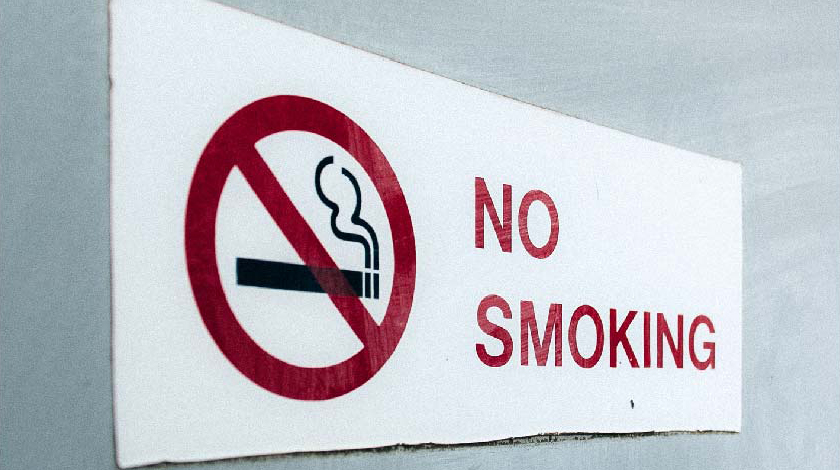World Cancer Day is a chance to reflect on what you can do as an individual to positively and proactively reduce the global burden of cancer.
Designated on February 4th each year, World Cancer Day unites the world’s population in the fight against cancer.
It offers the ideal opportunity to spread the word and raise the profile of cancer at a global level by encouraging its prevention, detection, and treatment.
Changes in the way we live today mean more and more individuals are exposed to controllable cancer risk factors. These factors include smoking, dietary factors, physical inactivity, and alcohol drinking.
Tobacco Use

Smoking continues to be the biggest cancer risk, accounting for five million deaths every year.1
Reducing the rates of tobacco use will significantly decrease the occurrence of a large number of cancers, including cancers of the lung, oral cavity, and larynx.
Physical Inactivity, dietary factors, obesity, and being overweight

The rising levels of obesity are also of concern around many parts of the world.
Overweight and obesity are strongly linked to an increased risk of cancers such as bowel, breast, and ovarian cancer later in life.2
Diets high in fruits and vegetables may have a protective effect against many cancers. Healthy eating habits that prevent the development of diet-associated cancers will also lower the risk of cardiovascular disease.3
Alcohol Use
Studies around the world have shown that drinking alcohol regularly increases the risk of getting cancers such as mouth, voice box, throat cancer, and liver cancers.
Daily consumption of 50g, or 50ml, of alcohol doubles or triples the risk for these cancers, as well as head and neck cancer, compared with the risk in non-drinkers.4
More than 100 epidemiologic studies have looked at the association of alcohol consumption and the risk of breast cancer in women.
It was found that an increased risk of breast cancer could be attributed to a higher alcohol intake.
A meta-analysis of 53 of these studies (n=58,000 women with breast cancer) showed that women who drank more than 45 grams (50 ml) of alcohol per day had a 1.5 times more likelihood of developing breast cancer when compared to non-drinkers.5
Prevention and Detection
Approximately a third of common cancers can be prevented through a healthy diet, maintaining a healthy weight, and being physically active.6
The World Cancer Research Fund International estimates that for the 13 most common cancers:
- 31% of the cases in the United States can be prevented by engaging in these healthy lifestyle choices.7
- The estimates for other countries are 32% for the United Kingdom, 25% for Brazil, and 24% for China.7
Increasing awareness of signs and symptoms and the importance of timely treatment have been shown to improve survival from cancer. This is because early cancer detection can make it easier to treat or even cure. Ask your doctor about recommended screening tests.
Sources
- World Health Organization. (2012). Global Report: Mortality attributable to tobacco 2012. Geneva: World Health Organization.
- World Health Organization. (2012). Global status report on alcohol and health. Geneva: World Health Organization.
- World Health Organization. Cancer Prevention. Retrieved 7 January 2016 from http://www.who.int/cancer/prevention/en/
- Center for Disease Control. (2015). Cancer Prevention and Control- Healthy Choices. Retrieved on 7 January 2016 from http://www.cdc.gov/cancer/dcpc/prevention/other.htm
- National Cancer Institute at the National Institutes of Health. (2013). Alcohol and Cancer Risk. Retrieved 11 January 2016 from http://www.cancer.gov/about-cancer/causes-prevention/risk/alcohol/alcohol-fact-sheet
- World Cancer Research Fund International. Link between lifestyle and cancer risk. Retrieved on 6 January 2016 from http://wcrf.org/int/link-between-lifestyle-cancer-risk
- World Cancer Research Fund International. Retrieved on 6 January 2016 at http:www.wcrf.org/int/cancer-facts-figures/preventability-estimates/cancer-preventability-estimates-diet-nutrition.

